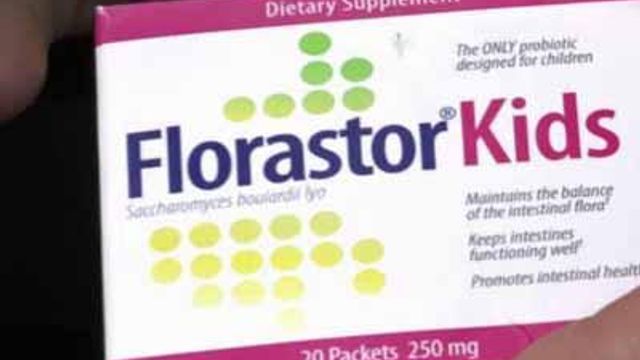Probiotics used to treat norovirus
To help combat the contagious norovirus, some doctors are suggesting patients take probiotic dietary supplements.
Posted — UpdatedWakeMed pediatrician Dr. Travis Honeycutt said he has seen cases of norovirus where children need intravenous fluids.
Honeycutt said most children and adults need only supportive care at home. He said they are usually told to take Tylenol and get as many fluids as they can.
Doctors are now suggesting people suffering from the gastrointestinal virus take probiotics, a healthy bacteria that normally live in the intestine and can be found as dietary supplements.
“You're sort of replacing the normal bacteria, putting more normal bacteria in the intestine to help compete with the virus and sometimes even attack the virus directly,” Honeycutt said.
He said Culturelle and Florastor Kids have the most research data in children, not specifically in fighting the norovirus, but in use against intestinal viruses in general.
“Giving them probiotics seems to shorten the duration of the diarrhea by about a day to a day and a half,” Honeycutt said.
There are no real risks to using probiotics. The supplements simply provide more of the bacteria.
Honeycutt said taking one capsule of the most common or popular probiotics would equal about 15 yogurts. The challenge is that supplements aren't as tightly regulated as prescription medications. So, it is not guaranteed that the amount listed on the box label is what's actually in the product.
Patients are also never certain exactly what type of intestinal virus they have. A particular strain of probiotic may not be as effective against different types of intestinal viruses.
Symptoms of the norovirus include nausea, vomiting, diarrhea and stomach cramps. They usually last one or two days, but people are contagious for at least three days after they recover.
The best prevention against the virus is frequent hand washing, doctors say, adding that alcohol-based hand sanitizers don't work against the virus.
• Credits
Copyright 2024 by Capitol Broadcasting Company. All rights reserved. This material may not be published, broadcast, rewritten or redistributed.






